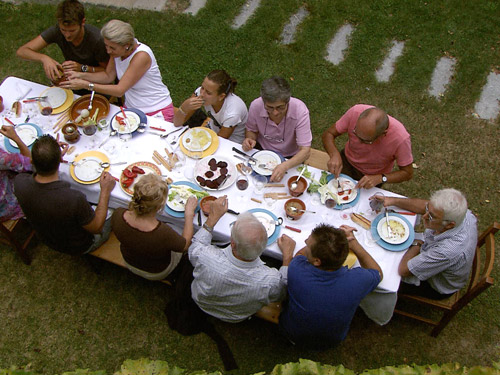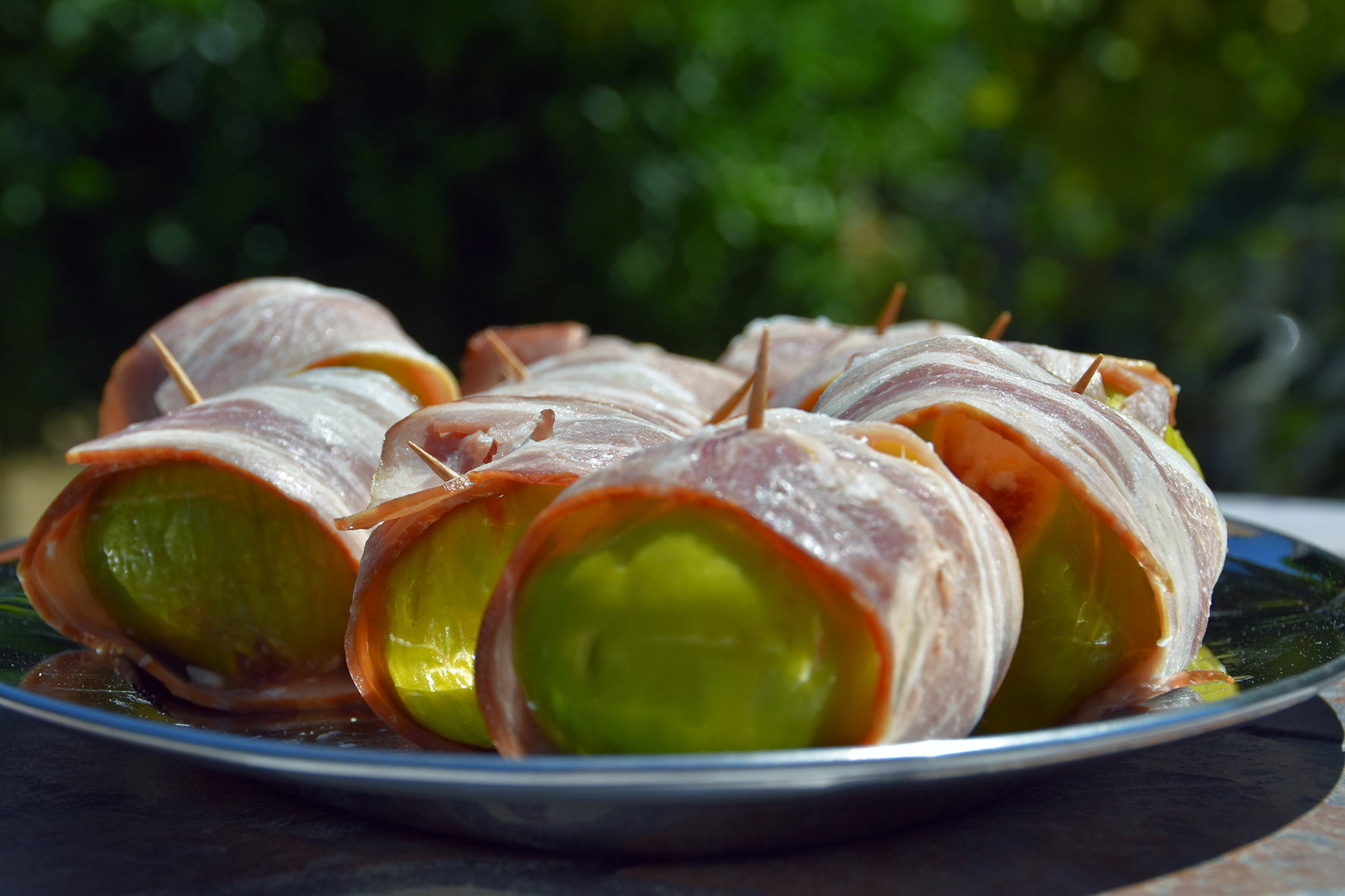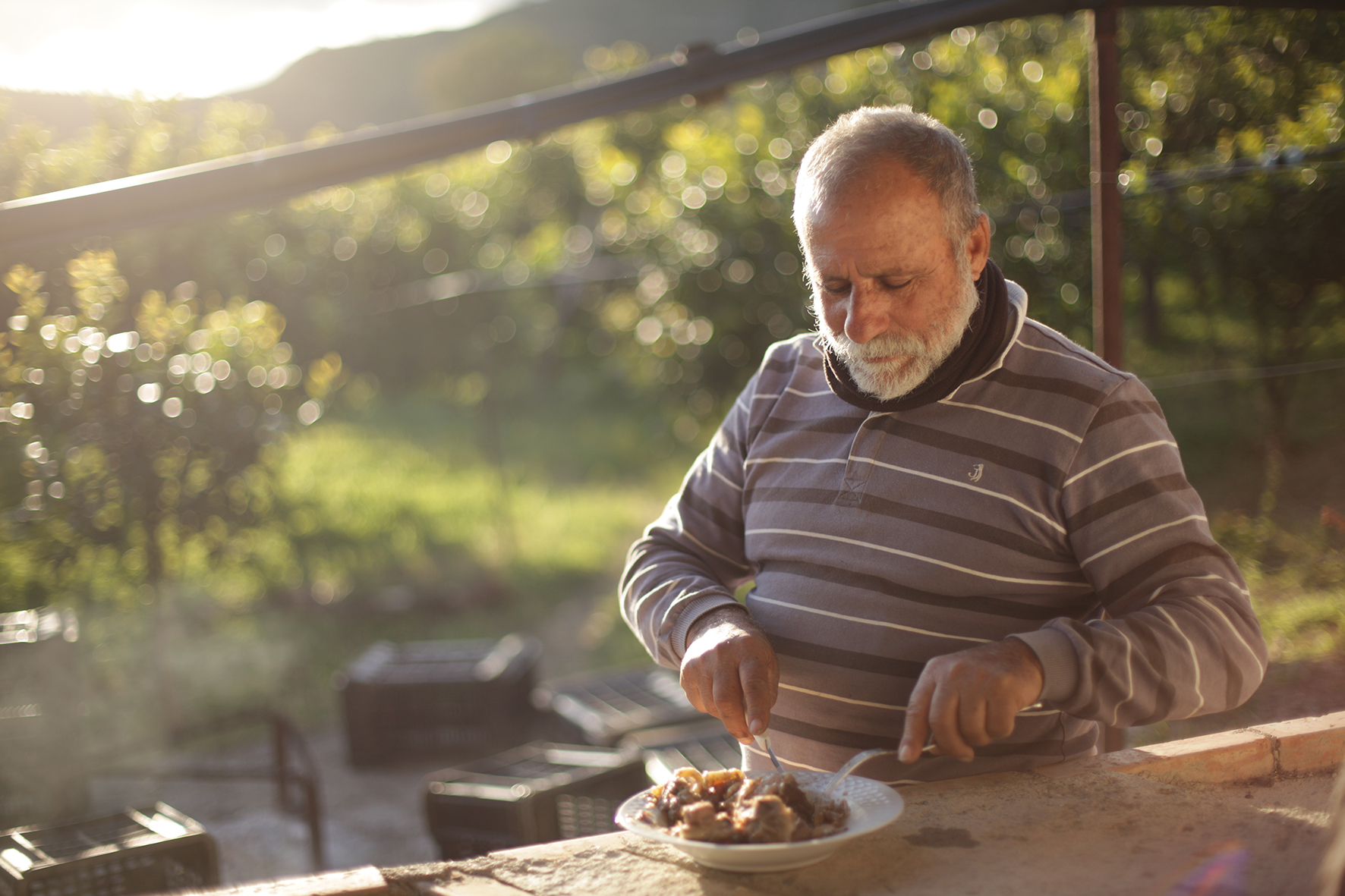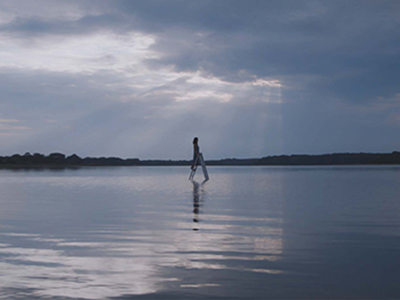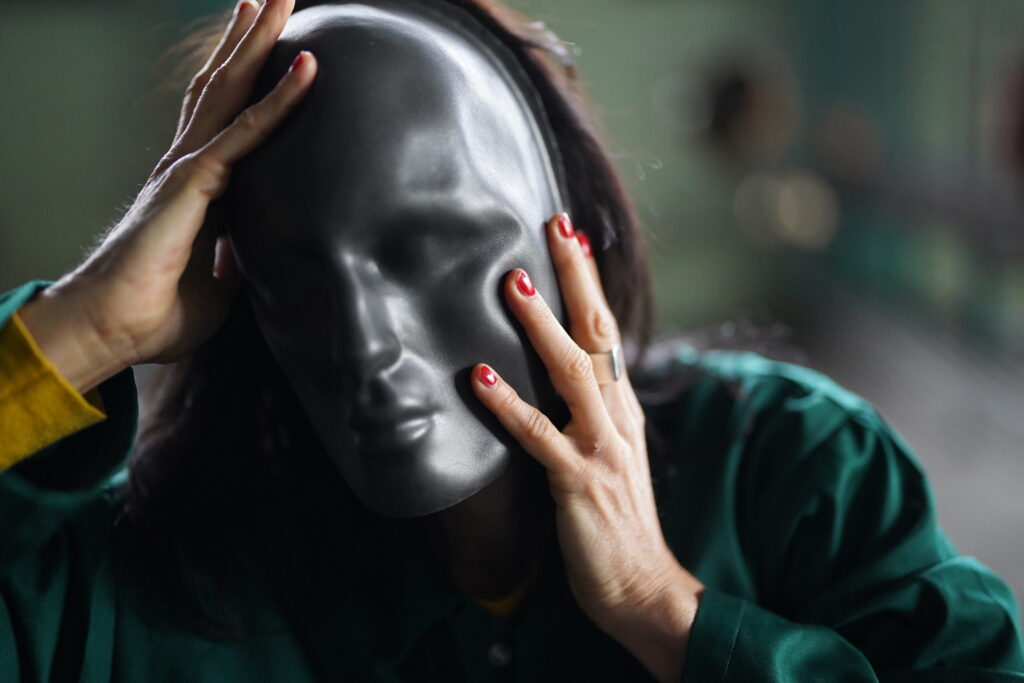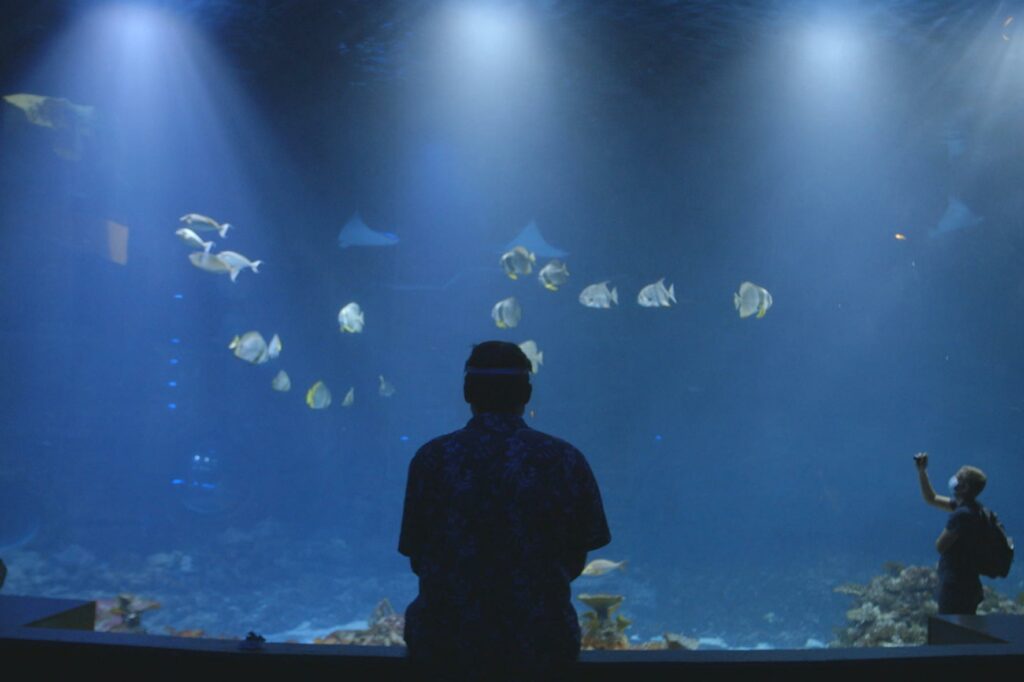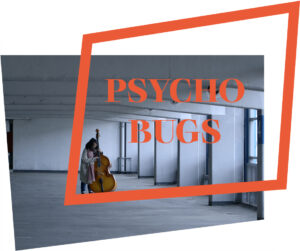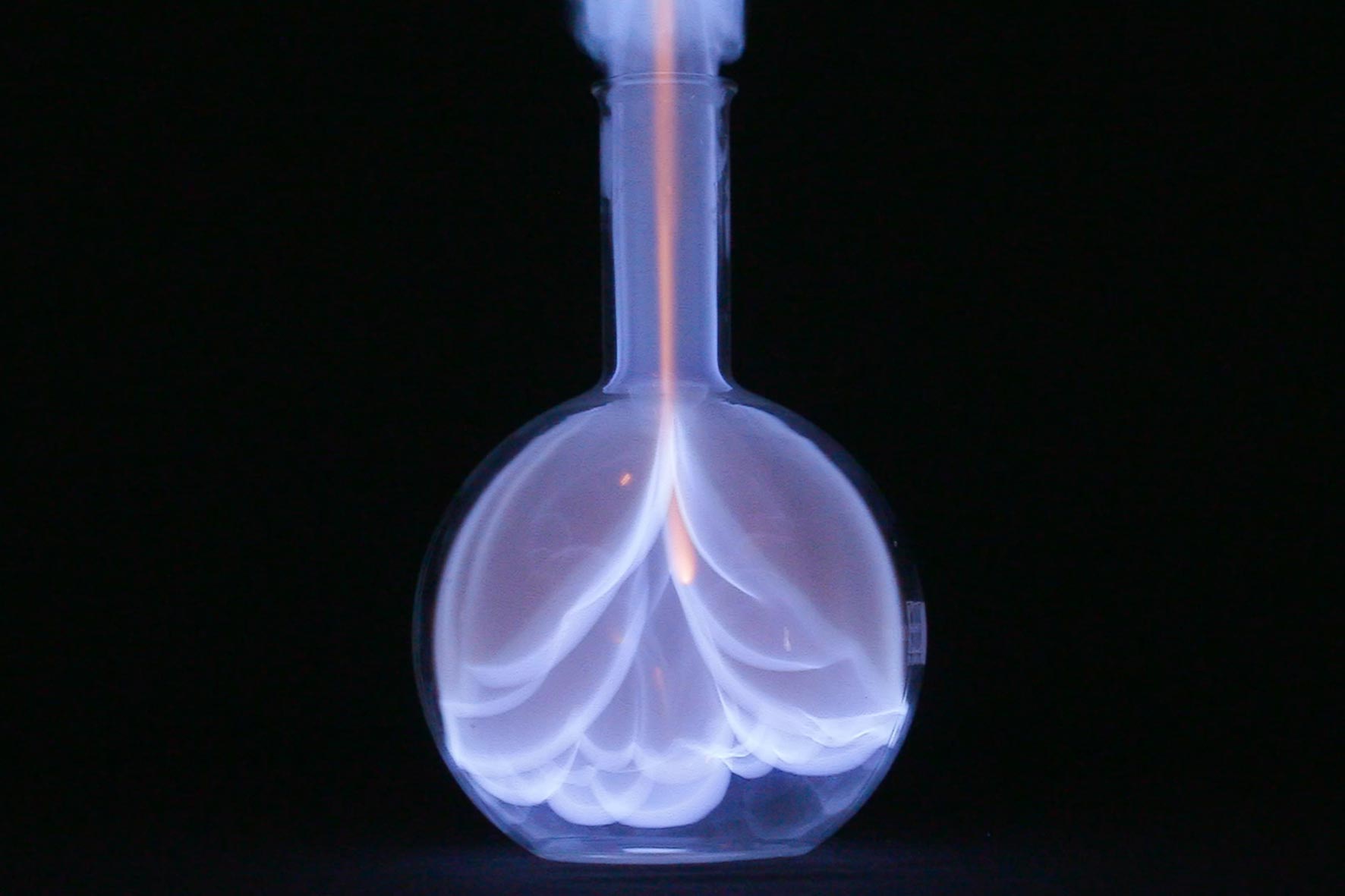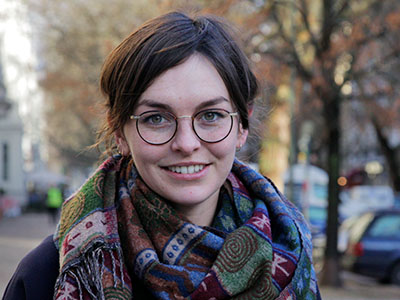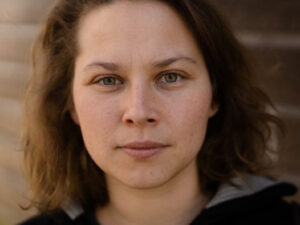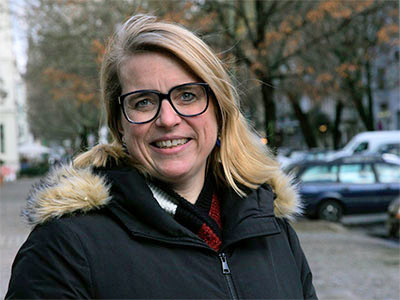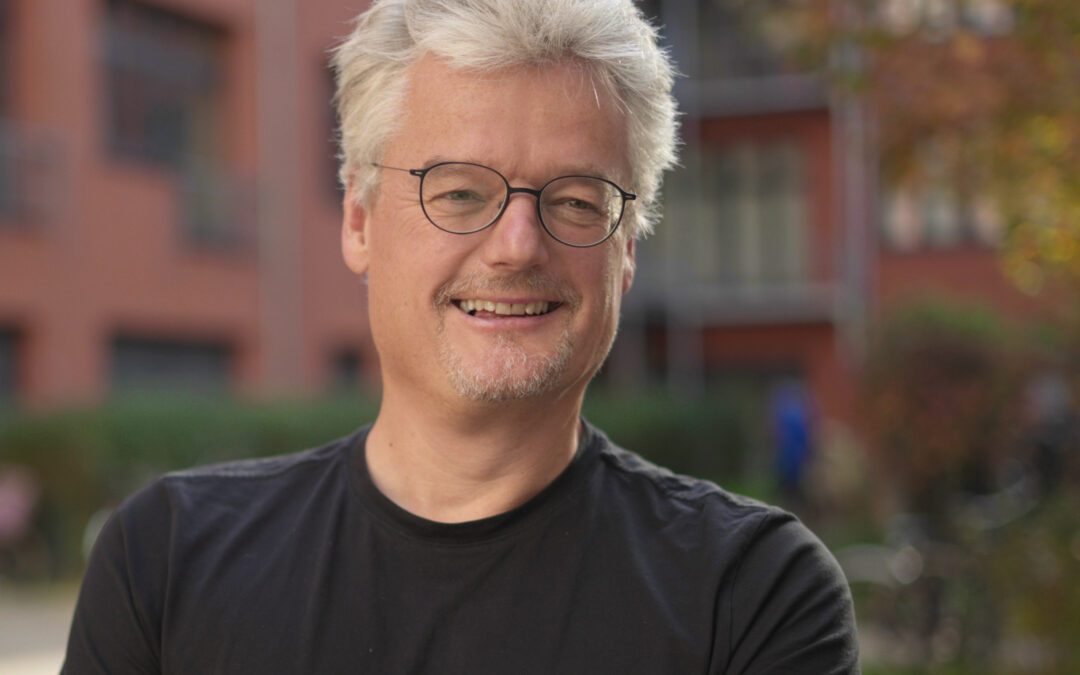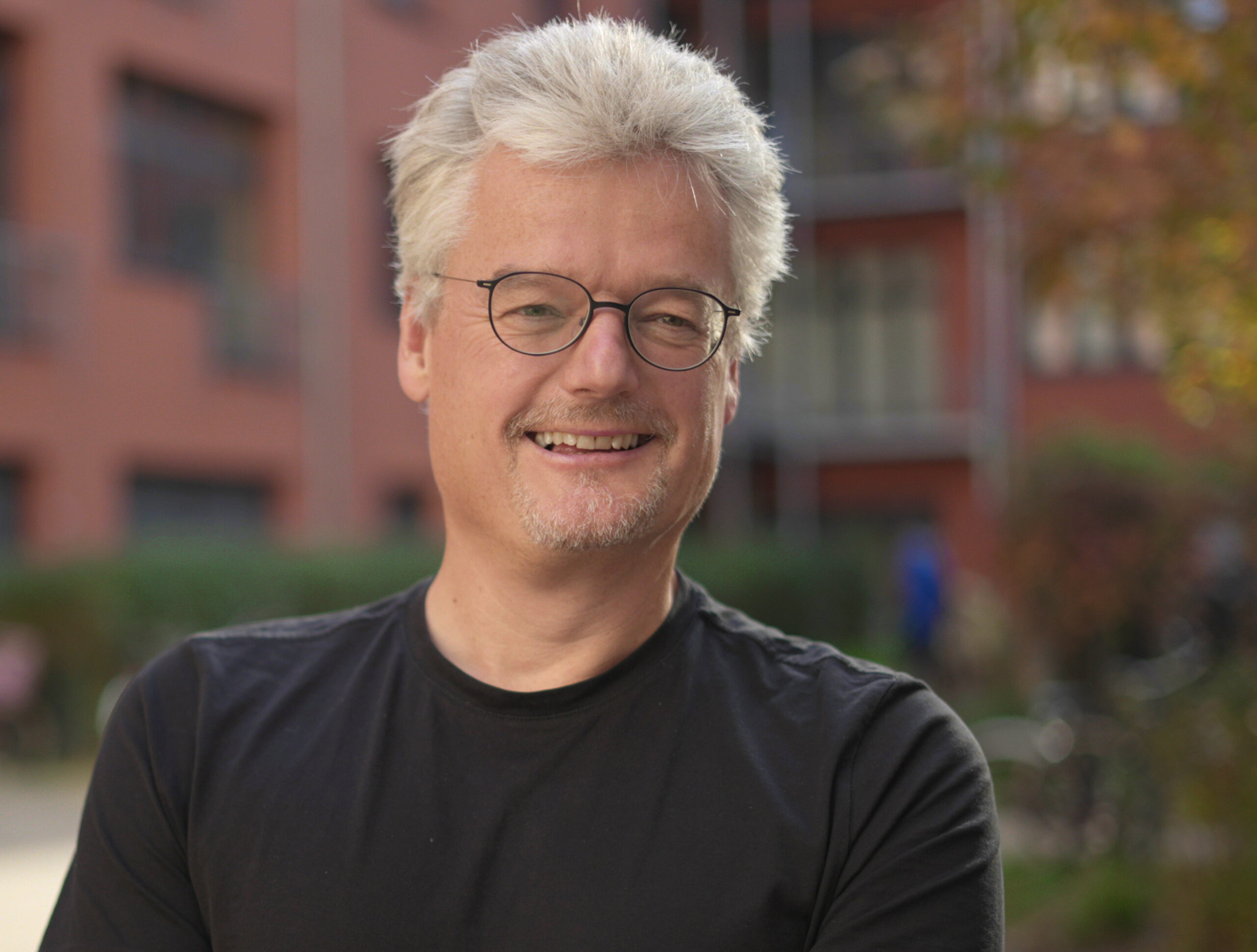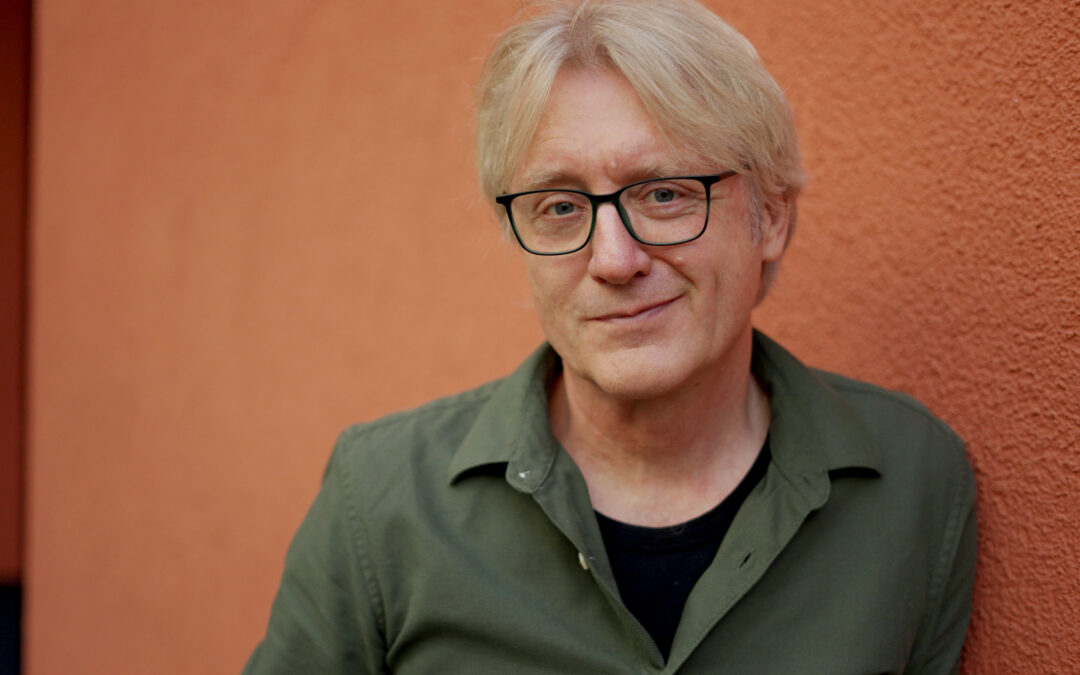
Kristian Kähler
Kristian Kähler
CEO berlin producers, heidefilm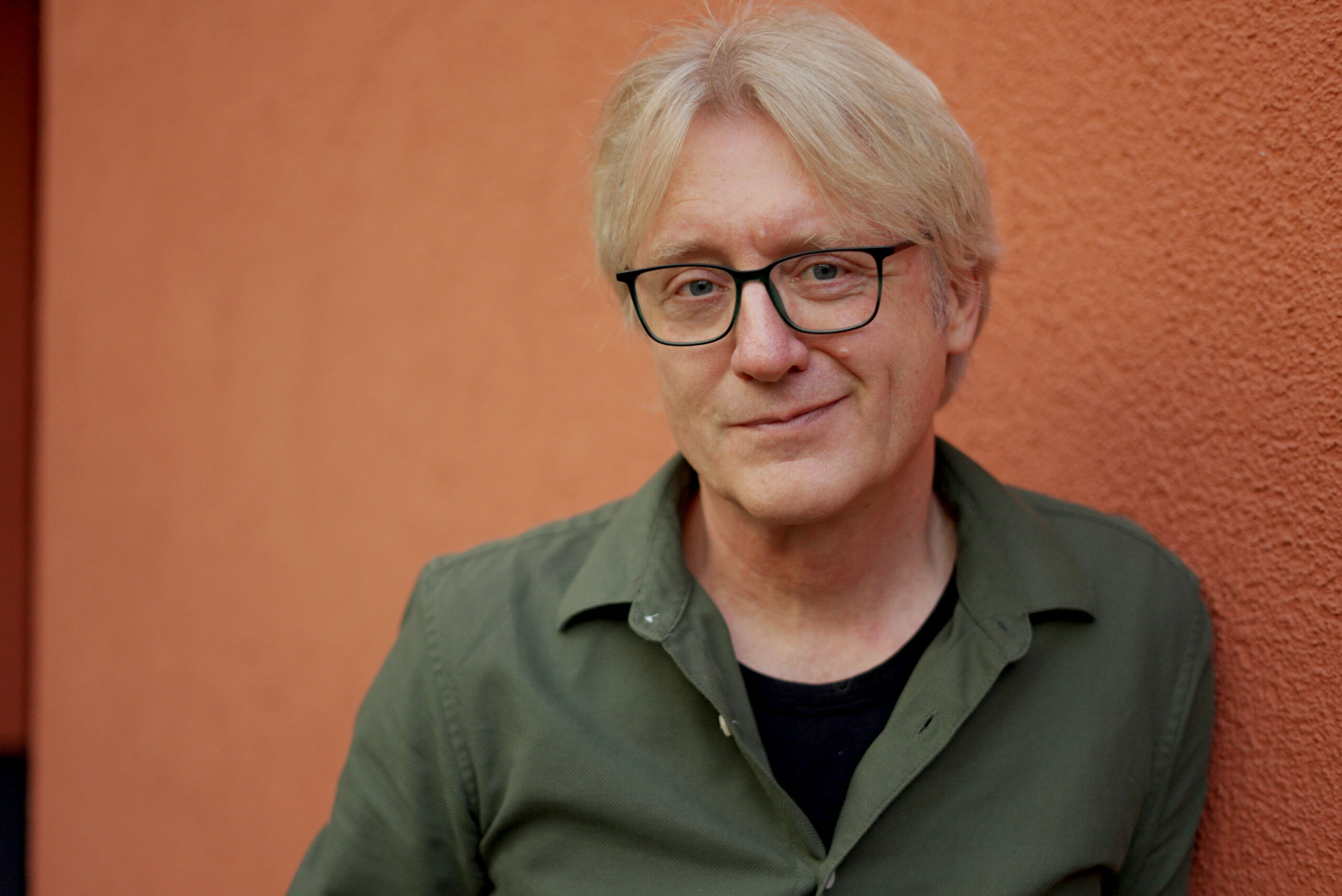
+49 30 44 03 169 – 17
kristian.kaehler[at]berlin-producers.de
Kristian Kähler is an author and managing director at Berlin Producers. In this role, he has developed numerous new formats and attends major international documentary fairs such as MIP, Sunnyside, Sheffield, IDFA and Science Congress. He has worked on well over 200 documentaries as writer, director and producer. For his documentary “Propaganda Battle for Ukraine” he received the Blue Panther, the former Bavarian Television Award, in 2023. In 2009, he received the European Parliament Film Prize for his film “Who’s Afraid of Europe?”.
Since 2011, Kristian has been vice-chairman of the Documentaries section in the German Producers Alliance.
Filmography
Films as a Producer
2023
PICKERS – UNSER TÄGLICH OBST UND GEMÜSE(1x 90 min, WDR / ARD Mediathek / ARTE / eine Co-Produktion mit Neda Films Griechenland und SP-I, Portugal, gefördert durch Media)
2021PLANET DER SCHAFE
(2×43 min, 1×90 min, NDR / ARTE in Co-Produktion mit North Macedonian Film Agency, gefördert durch Nordmedia)
BASEBALLSCHLÄGERJAHRE
(6×15, 1×90 min, RBB)
WIR KINDER DER MAUER – TOD IN DER OSTSEE
(4×22, 1×90 min, MDR, ARD)
2018 – 2020
BEETHOVEN 9 – BEETHOVENS 9. SYMPHONIE AUF 5 KONTINENTEN
(1×90 Minuten und 10×30 Minuten)
Internationale Musikdokumentation mit ZDF/Arte, Deutsche Welle, Arte France, BKM, Gedeon Frankreich)
THE WAR ON MY PHONE
(90 Minuten, WDR, NRW Filmstiftung, Deutsche Welle)
2015 – 2017
INSELN DER QUEEN
(ZDF/Arte 10×52 und 10×43 Minuten sowie 2x 43 Minuten „Länder, Menschen, Abenteuer, NDR)
BELLO ALLEIN ZUHAUS – WARUM DER HUND MANCHMAL VERRÜCKT SPIELT DAS GEHEIME LEBEN DER KATZEN
(2×43, Minuten SWR)
PROJECT GOLD / EQUALIZER – WIE DIE WISSENSCHAFT REKORDE MACHT
(2x 52 Minuten, 2x 43, 2x 26, internationale Koproduktion mit ZDF Lesch Kosmos, ZDF Arte, Kensington Films, CBC Kanada, Inica Films Spanien, PreTV Österreich, ORF)
PROJECT GOLD / EQUALIZER – WIE DIE WISSENSCHAFT REKORDE MACHT
(1x 52, 1x 43, 1x 26, internationale Koproduktion mit ZDF Lesch Kosmos, ZDF Arte, Kensington Films, CBC Kanada, Inica Films Spanien)
BELLO ALLEIN ZUHAUS – WARUM DER HUND MANCHMAL VERRÜCKT SPIELT
(2×43, SWR)
Reise / Küche
LANDTRÄUME
(26 x 26min., ZDF/arte)
ZU TISCH IN…
(192 x 26 min., ZDF/arte, seit 2001)
EIN LADEN IN …
(26 x 26 min., ZDF/arte, 2006)
BEI AUFTRAG ENTDECKUNG
(4 x 43 min., ZDF/arte, Co-Produktion mit fact & film, Bremen; Nordmedia 2009)
FAHRT INS RISIKO / Hotroads
(10 x 43 min., ZDF/arte, 2010-2015 Koproduktion mit LIC und Servus TV)
Zeitgeschehen
UNSERE GSCHWENDS – DIS SENIORENTESTER UNTERWEGS
(3 x 30 min., SWR)
HINTER DEN MAUERN VOM …
(3 x 26 min., SR/arte/ARD, 2007)
AUFBRUCH IM NORDMEER
(3 x 43 min., arte/RBB/WDR 2006)
SCHULGESCHICHTEN
(18 x 26 min., ZDF/arte 2005-2006 – distributed in more than 10 different countries)
ALT & DOOF?
(2 x 43 min., SWR/NDR, 2010)
Films as an Author
2023
DIE PROPAGANDASCHLACHT UM DIE UKRAINE
(1×90 min, WDR / HR / DW / ARTE)
2021
DER APENINN – ITALIENS WILDER SÜDEN
(1×43 min, SWR arte / NDR)
2019
DIE WELT DER BRÜCKEN – WALES
(1×30 min, arte)
2018
INSELN DER QUEEN II – BERMUDAS
2016
ZU TISCH 200 – NORDIRLAND
(26 Min, ZDF/Arte)
INSELN DER QUEEN – HEBRIDEN
(43/52 Min, ZDF/Arte)
2015
WEM GEHÖRT DIE STADT?
(90 min, ARD, 1. Preis Blickpunkt Deutschland – Wettbewerb Dokumentarfilm)
2014
ZU TISCH IM DONAUDELTA
(26 min., ZDF/arte)
FAHRT INS RISIKO
(43 min., ZDF/arte, LIC China, Servus, autentic)
2013
ZU TISCH AUF DEN HEBRIDEN
(26 min., ZDF/arte)
2012
ZU TISCH AUF JERSEY
(26 min., ZDF/arte)
VERGESSENE VÖLKER: DIE EWENKEN IN SIBIRIEN
(43/30 min., WDR/arte)
DE GAULLE & ADENAUER: EINE DEUTSCH-FRANZÖSISCHE FREUNDSCHAFT
(52/43 min., SWR/arte)
2011
ZU TISCH IN MARAMURES
(26 min., ZDF/arte)
SEEBÄDER BRIGHTON
(43 min., WDR/arte)
LANDTRÄUME CORNWALL
(26 min., ZDF/arte)
2010
DINOSAURIER – SPURENSUCHE IN DER URZEIT
(30/52 min., NDR/arte)
LANDTRÄUME: Cornwall
(43 min., ZDF/arte)
FAHRT INS RISIKO: Im Labyrinth von Dhaka
(43 min., ZDF/arte)
ALT & DOOF? Geld
(43 min., SWR/NDR)
2009
UNTER DEUTSCHEN DÄCHERN: Berlin-Prenzlauer Berg
(43 min., Radio Bremen)
TRAUMBERUF KOCH?
(43 min., SWR)
2008
ZU TISCH IN LAPPLAND
(26 min., ZDF/arte)
LEBEN AUF DEM FLUSS – KANADAS LETZTE FLÖSSER
(43 min., ZDF/arte)
AUFBRUCH IM NORDMEER – DIE NORDOSTPASSAGE
(43 min., RBB/WDR/arte)
2007
WER HAT ANGST VOR EUROPA? Wie die EU nach Polen kam
(83 min., ZDF/arte)
Journalistenpreis des Europäischen Parlaments 2009
SCHRUBBEN AUF DEM SONNENDECK
(30 min., ZDF)
ZU TISCH IN KALABRIEN
(26 min., ZDF/arte)
2006
MENSCHEN UND STRASSEN: DIE AMALFITANA
(26 min., SR/arte)
ZU TISCH IM ALLGÄU
(26 min., ZDF/arte)
2005
ZU TISCH IN IRLAND
(26 min., ZDF/arte)
ZU TISCH IN KIRGISISTAN
(26 min., ZDF/arte)
DIE WILDEN REITER VON KIRGISISTAN: EIN LEBEN AUF PFERDEN
(45 min., ZDF/arte)
SCHULGESCHICHTEN: Das UWC College in Triest
(26 min., ZDF/arte)
DIE TSUNAMI-WARNER
(42 min., ZDF/arte)
2004
ZU TISCH AUF KORSIKA
(26 min., ZDF/arte)
DIE THERMEN DER TOSKANA
(45 min., ZDF/arte)
GLANZ DER ERDE: Kupfer aus Chile
(45 min., ARD/RBB/arte)
SCHULGESCHICHTEN: Das San Giuseppe de Merode in Rom
(26 min., ZDF/arte)
ZU TISCH IM SCHWARZWALD
(26 min., ZDF/arte)
2003
KANN MAN LEBEN VERSICHERN?
(30 min., arte-Themenabend)
ZU TISCH IN FRIESLAND
(26 min., ZDF/arte)
WENN DIE VERSICHERUNG NICHT ZAHLT
(45 min., NDR/ARD)
SCHULGESCHCIHTEN: Die Weydon School in England
(26 min., ZDF/arte)
ZU TISCH IN DER SCHWEIZ
(26 min., ZDF/arte)
2002
ZU TISCH IN WALES
(26 min., ZDF/arte)
DER LEHRTER BAHNHOF
(36 min., Kabel1/Reportage)
DER PREIS DER ANGST
(30 min., SWR)
2001
ZU TISCH AN DER ALGARVE
(26 min., ZDF/arte)
BLÜHENDE LANDSCHAFTEN
(45 min., ORB)
LUXUS IN ST. TROPEZ
(36 min., PRO7)
ZU TISCH IN DER BRESSE
(26 min., ZDF/arte)
2000
UNTER DEUTSCHEN DÄCHERN: Die Platte wird plattgemacht
(45 min., ARD/RB)
MENÜS, MODELS UND MATRATZEN: DEUTSCHLANDS GRÖSSTES HOTEL
(30 min., ARD Exklusiv/WDR)
SCHNAPP SIE DIR ALLE! Das Pokémon-Syndrom
(30 min., ARD/SWR)
DAS KURZE LEBEN DES OMAR BEN NOUI
(45 min., ORB)
1999
ENDSPURT IM WAHLKAMPF
(30 min., ORB)
1996
FEINDBILD FREMDER
(30 min., ORB)



